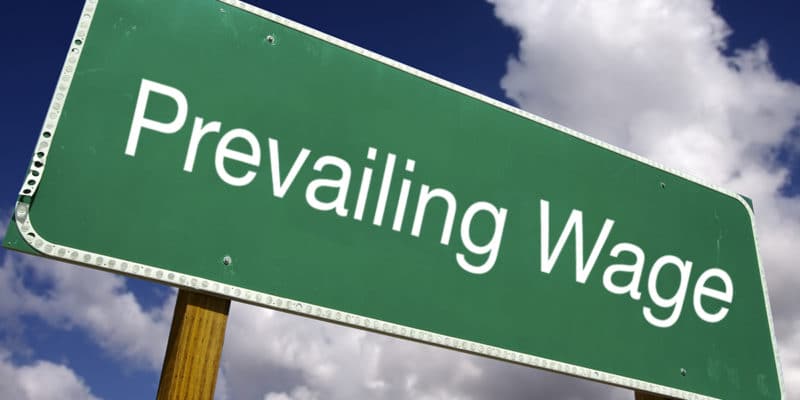Researchers from the Illinois Economic Policy Institute (ILEPI) and the Project for Middle Class Renewal (PMCR) at the University of Illinois at Urbana-Champaign (UIUC) have analyzed three years’ worth of data collected by the Associated General Contractors of America (AGC) and have concluded that the shortage of skilled workers has been harder on nonunion construction firms.
The numbers
Nonunion construction firms when compared to union contractors, according to the ILEPI and PMCR report, were:
16% more likely to report difficulty filling open positions;
13% more likely to report losing skilled workers to other industries;
21% more likely to report project delays due to workforce supply or retention issues; and
27% more likely to report a poor local workforce training pipeline.
The AGC surveys that researchers used were conducted from 2018 to 2021, so the additional workforce difficulties encountered by nonunion construction companies were present before the COVID-19 pandemic. The AGC data included responses from 1,768 union contractors and 3,893 nonunion contractors.
“While a tight labor market is clearly impacting the entire construction sector, the data shows that these issues are far more acute in the nonunion segment of the industry,” said Frank Manzo IV, ILEPI executive director and report coauthor.
“The superior outcomes reported by union firms reveal that long-term investments in job quality and apprenticeship training are every bit as critical to the success of construction employers as the ability to access materials, secure regulatory approvals or win project bids,” he said.
On issues surrounding the materials supply chain and regulatory approvals, the gap between nonunion and union responses was negligible, according to researchers.


